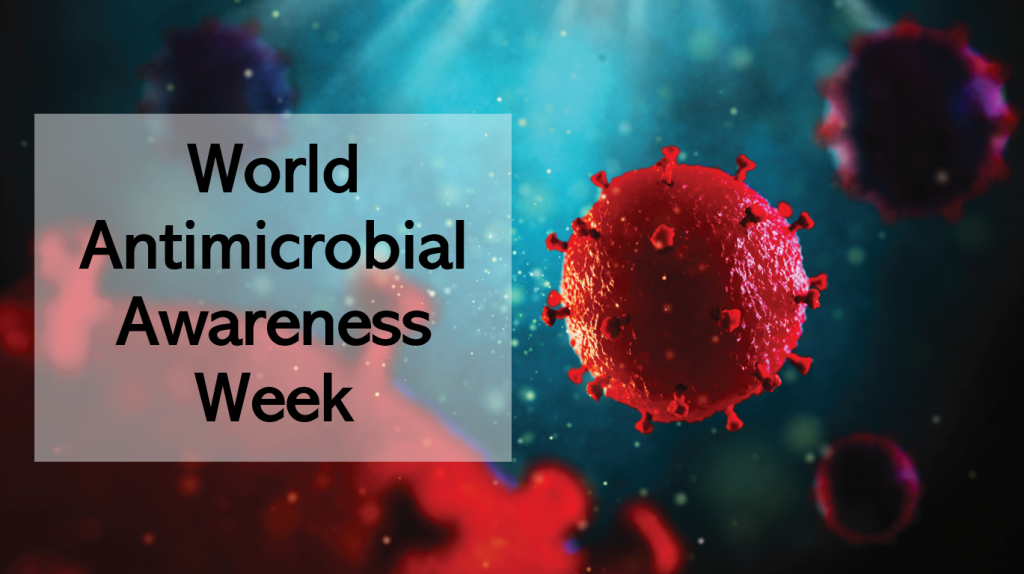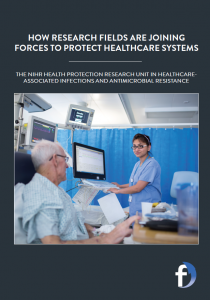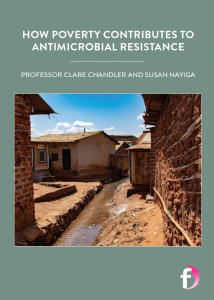How are researchers combatting antimicrobial resistance?

Antimicrobial resistance (AMR) is one of the greatest threats to global healthcare systems. So, what are researchers doing to address this issue? And what can you, as an individual, do to help? To increase awareness of AMR, World Antimicrobial Awareness Week takes place from 18th to 24th November every year.
What is AMR?
Antimicrobial resistance occurs when microbes (e.g., bacteria, viruses, fungi) evolve to become resistant to the drugs we use to fight them. If antimicrobial drugs (e.g., antibiotics) no longer work, then we lose our greatest weapons against infections and diseases.
What are researchers doing to combat AMR?
 Professor Alison Holmes, a professor of infectious diseases at Imperial College London, has joined forces with Dr Matt Ellington at the UK Health Security Agency to investigate AMR from a range of different perspectives. The diverse expertise of their team (led by Dr Elita Jauneikaite, a microbiologist; Dr Esmita Charani, a clinical pharmacist; Dr Tim Rawson, a clinical doctor in infectious diseases and medical microbiology; and Dr Nina Zhu, an epidemiologist) means they can tackle the problem of AMR from various directions.
Professor Alison Holmes, a professor of infectious diseases at Imperial College London, has joined forces with Dr Matt Ellington at the UK Health Security Agency to investigate AMR from a range of different perspectives. The diverse expertise of their team (led by Dr Elita Jauneikaite, a microbiologist; Dr Esmita Charani, a clinical pharmacist; Dr Tim Rawson, a clinical doctor in infectious diseases and medical microbiology; and Dr Nina Zhu, an epidemiologist) means they can tackle the problem of AMR from various directions.
Learn more about the team’s research: https://futurumcareers.com/how-research-fields-are-joining-forces-to-protect-healthcare-systems
 At the London School of Hygiene and Tropical Medicine, medical anthropologist Professor Clare Chandler and social scientist Susan Nayiga are investigating AMR from a different angle, using social science research methods to understand why antibiotics are overused. In many Ugandan communities, poverty results in a lack of clean water and sanitation, meaning residents must constantly take antibiotics to prevent infections such as diarrhoea.
At the London School of Hygiene and Tropical Medicine, medical anthropologist Professor Clare Chandler and social scientist Susan Nayiga are investigating AMR from a different angle, using social science research methods to understand why antibiotics are overused. In many Ugandan communities, poverty results in a lack of clean water and sanitation, meaning residents must constantly take antibiotics to prevent infections such as diarrhoea.
Learn more about Clare and Susan’s research: https://futurumcareers.com/how-poverty-contributes-to-antimicrobial-resistance
The work of Alison, Matt, Elita, Esmita, Tim, Nina, Clare and Susan highlights that the problem of AMR cannot be solved by any one research field alone. Microbiologists can identify which microbes are most likely to develop drug resistance and bioengineers can develop new technologies to improve antibiotic prescription. But until everyone has access to clean water, many individuals will continue to rely on antibiotics to remain healthy, contributing to the ever-increasing problem of AMR.
What can you do?
- Practise good hygiene. By washing your hands regularly, you will reduce your risk of infection.
- Ensure you are up-to-date with all vaccinations offered to you to reduce your chances of developing an infection.
- If you do become ill, seek medical advice. Only take antimicrobial drugs when they are prescribed to you and follow all instructions from healthcare professional about how to use them.

